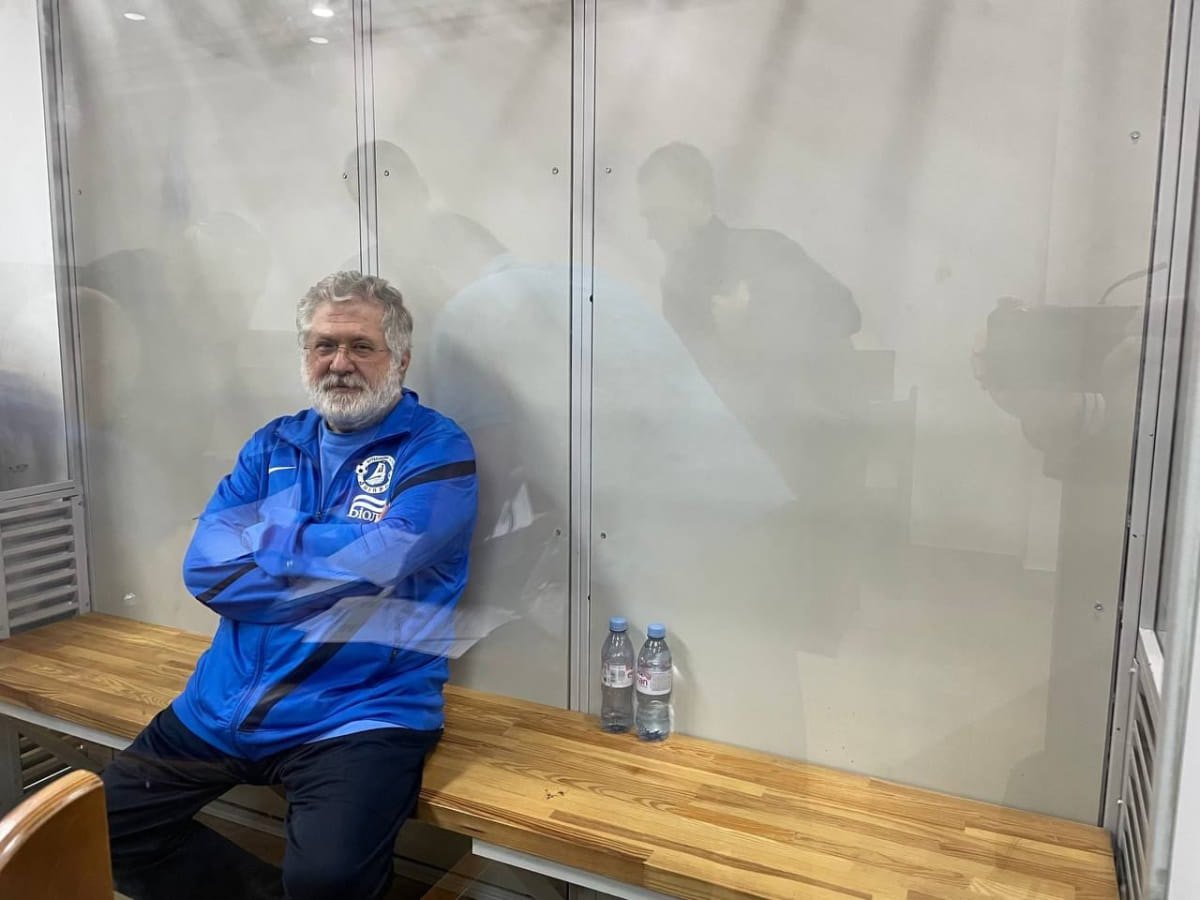После семи лет с тех пор, как ПриватБанк был национализирован, продолжается упорная борьба между государством и бывшими акционерами, которая ведется через сотни судебных исков. По данным, полученным LB.ua, судьи проводят тысячи часов в залах судебных заседаний, в ходе которых олигархи, предположительно, используют различные хитрости и уловки, чтобы избежать ответственности за вывод средств из ПриватБанка.
Семь лет назад
В декабре 2016 года состоялась национализация ПриватБанка. В 33 филиала крупнейшего на то время частного банка страны зашли сотрудники Фонда гарантирования вкладов, в учреждении ввели временную администрацию. В Киеве тогдашние глава Нацбанка Валерия Гонтарева и министр финансов Александр Данилюк выступили перед журналистами и впервые официально озвучили масштабы проблемы.
«Более 97% корпоративного кредитного портфеля банка (около 150 миллиардов гривен на 1 ноября 2015 года) — это кредиты компаниям, связанным с акционерами», — рассказала тогда Валерия Гонтарева.
Большую часть этих средств компании так и не вернули, из-за чего в капитале банка образовалась дыра. Чтобы удержать банк на плаву, государству пришлось выпустить долговые бумаги на примерно 5,5 млрд долларов США. Причем 5,5 млрд — это только сумма докапитализации, общий убыток значительно больше, и банк все еще высчитывает и определяет его. Бывшие акционеры до сих пор не компенсировали государству, то есть налогоплательщикам, эти убытки. Более того, они пытаются если не вернуть себе контроль над банком, то хотя бы выйти сухими из воды.
Куда делись деньги
В январе 2018 года Нацбанк представил выводы детективного агентства Kroll по результатам расследования, которое нельзя обнародовать из-за банковской тайны. Исследователи заявили, что ПриватБанк был «объектом масштабных и скоординированных мошеннических действий как минимум в течение десяти лет до национализации».
Детективы также пришли к выводу, что экс-акционеры через доверенных лиц выводили из банка средства, чтобы покупать активы и финансировать бизнес в Украине и за рубежом. Чтобы скрыть эти сделки, они использовали схему циклического перекредитования. То есть старые займы как бы погашали новыми кредитными деньгами, и так по кругу. Схема, очень похожая на финансовую пирамиду.
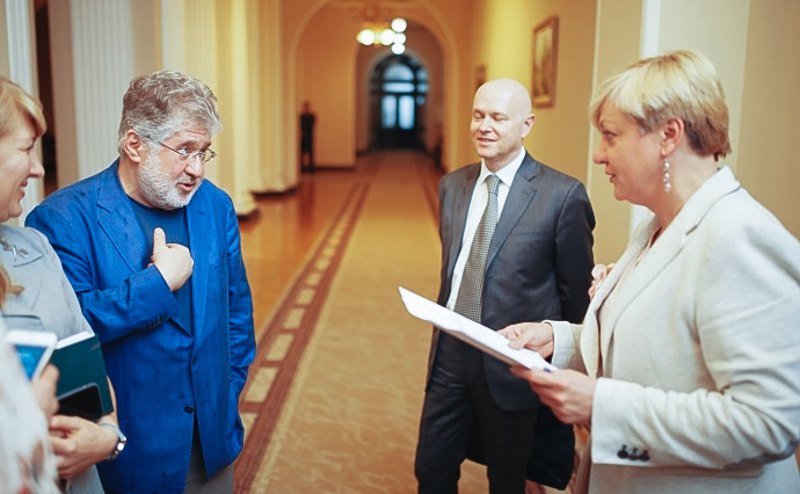
Вот один пример, который обнаружили юристы уже государственного ПриватБанка и который описали в своих судебных исках против бывших акционеров (текст иска есть в редакции). Это дело рассматривается в Канцлерском суде штата Делавэр по иску ПриватБанка и Минюста США.
В 2011 году подконтрольные владельцам ПриватБанка ферросплавные и горно-обогатительные заводы (Запорожский и Никопольский заводы ферросплавов, Марганецкий и Стахановский завод ферросплавов), получили кредитов на 187 млн долларов США. По документам, они должны были за эти средства профинансировать деятельность, но уже через 5 часов в ходе 24 операций средства направили на счета Боголюбова, Коломойского и связанных с ними компаний. Впоследствии на эти средства близкая к акционерам Привата американская компания Optima Acquisitions купила ферросплавный завод в штате Кентукки.
Чтобы вернуть эти и другие кредиты в банк, государственный ПриватБанк подал иски против бывших акционеров и связанных с ними компаний в США, в Израиле, на Кипре и в других юрисдикциях.
С началом судебного разбирательства о мошенничестве в США упомянутые предприятия подали около 200 одинаковых исков (объединенных в 15 производств) в Украине. Они требуют от украинских судов подтвердить законность фиктивных кредитов, являющихся предметом международных исков ПриватБанка. Просят украинские суды признать, что кредитные обязательства надлежащим образом выполнены, а кредиты заемщик погасил.
Из всех 15 производств украинские суды рассматривают сейчас только два дела НЗФ — №910/12559/20 и №910/14224/20. Остальные 13 остановлены или завершились в пользу банка без вынесения решения по сути спора. Вердикт суда в этих делах может повлиять на остальные.
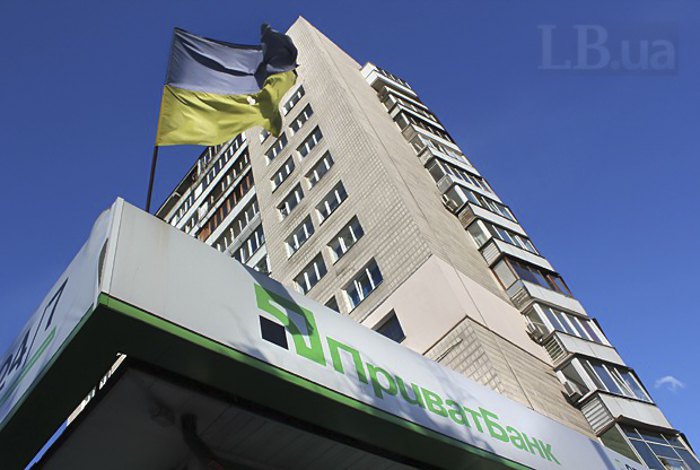
Украинские судьи против американских
Экс-владельцы ПриватБанка отрицают, что причастны к каким-либо мошенническим схемам, и отстаивают в судах свою позицию. И не только они. Связанные с ними компании также обращаются в украинские суды с сотнями исков против уже государственного ПриватБанка.
Делают они это изощренно. Например, Никопольский завод ферросплавов, где Коломойский и Боголюбов через подконтрольные им компании имеют миноритарные доли, пытается получить решение украинского суда (дела №910/12559/20 и №910/14224/20) о признании прекращенными всех обязательств по пяти кредитным договорам, деньги из которых прошли по цепочке транзакций на покупку активов в США и других странах. Это решение может повлиять на перспективы преследования бывших акционеров ПриватБанка в США и в Израиле.
«Решениями украинских судов они пытаются обосновать якобы невозможность рассмотрения исков, инициированных Министерством юстиции США в США, помешать уголовному расследованию против бывших владельцев в США, а также попытаться саботировать рассмотрение дела ПриватБанка в США ($685 млн плюс проценты) и Израиле ($600 млн плюс проценты)», — отмечают адвокаты ПриватБанка.
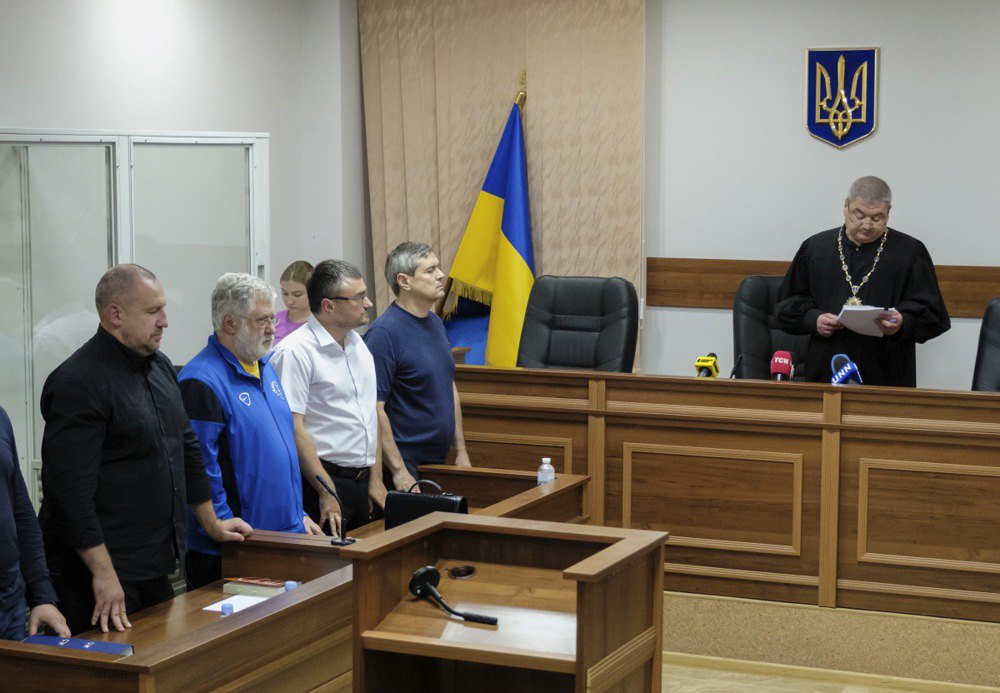
Сейчас НЗФ и другим компаниям из орбиты, читай — Коломойскому и Боголюбову, удалось временно приостановить рассмотрение дела в Штатах. Уже два года американская фемида ждет решения украинских судов. Тем временем в Украине дело прошло от судов первой инстанции до Верховного Суда и снова вернулось на рассмотрение в суд первой инстанции.
Позиция НЗФ заключается в том, что все обязательства по указанным кредитным соглашениям были выполнены надлежащим образом и в полном объеме. При этом ПриватБанк не выдвигал никаких претензий по этим сделкам, но НЗФ сам инициировал судебное дело в Украине. Вероятно, чтобы обрубить эту первую цепочку сложной схемы вывода средств из ПриватБанка.
Напомним, что, по версии детективов Kroll, экс-акционеры Привата использовали систему циклического перекредитования вплоть до его национализации в 2016 году: кредитные линии открывали, закрывали, открывали снова и погашали за счет новых кредитов. И так много раз подряд.
То есть признание или непризнание отсутствия обязательств НЗФ перед банком по нескольким отдельным сделкам не свидетельствует как таковое, что нет масштабной и сложной схемы вывода денег за границу — это лишь кусочек значительно большего пазла. Но такое признание отсутствия обязательств НЗФ перед банком по конкретным сделкам может значительно повлиять на зарубежные иски ПриватБанка на заметно более высокие суммы.
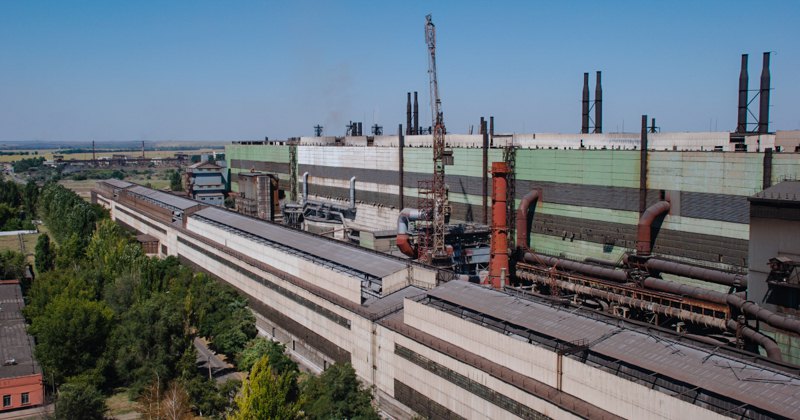
Чудеса в некоторых украинских судах
Бизнес-империя Коломойского — Боголюбова славится умением решать вопросы в украинских судах. Надо ли удивляться, что процедура рассмотрения дела по кредитам НЗФ выглядит специфически. Мы далеки от того, чтобы огульно обвинять всех украинских судей в работе в интересах олигархов, однако некоторые суды вели себя, мягко говоря, странно. Судите сами:
Судьи не проверяли и не исследовали, настоящие ли операции, на которые якобы использовались кредиты, а также дальнейшее движение средств.
Не истребовали дополнительных первичных документов, чтобы подтвердить оплату не только самого тела кредита, но и связанных с ним платежей: комиссий и процентов.
Некоторые суды «изучали» по несколько тысяч страниц документов за 20-30 минут, что физически невозможно.
Часто и сами решения принимали в «турборежиме» — выносили в тот же день, когда и начинали рассмотрение дела по существу.
Суд первой инстанции «написал» полный текст решения всего за несколько часов, что физически невозможно без его заблаговременной подготовки.
LB.ua будет следить за развитием дела Никопольского ферросплавного завода и странными решениями украинских судей. И не только за этим делом. Сейчас в сотнях судебных процессов идет борьба между бизнес-группой Коломойского — Боголюбова и государственным ПриватБанком, то есть Украиной. И о самых интересных судебных историях мы также попробуем рассказать.
